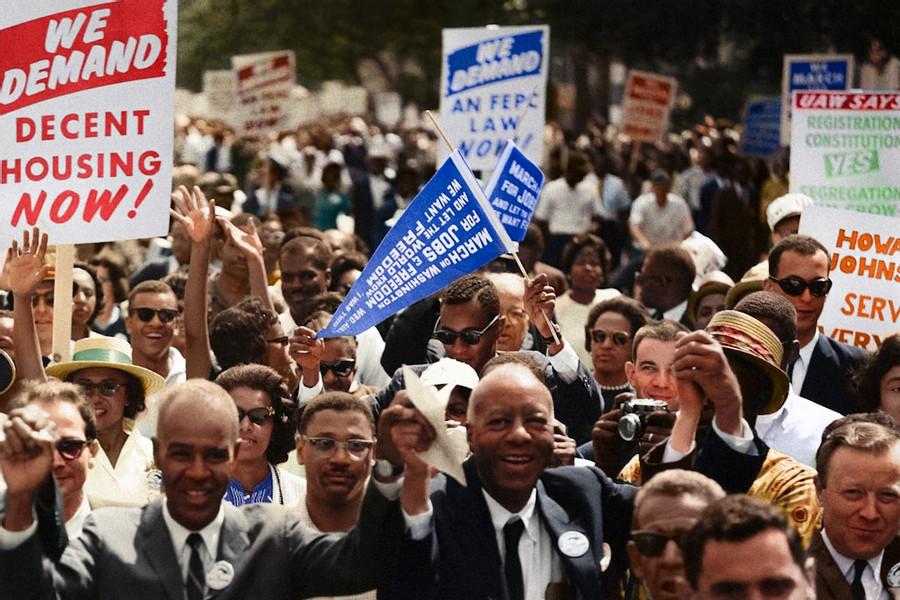Explore the World's Best Ideas
Join today and uncover 100+ curated journeys from 50+ topics. Unlock access to our mobile app with extensive features.
Civil society
Civil society refers to a wide variety of communities and groups.
These groups include non-governmental organizations (NGOs), labour unions, indigenous groups, charitable organizations, faith-based organizations, professional associations, and foundations outside of government to support and advocate for specific people or issues in society.
9
78 reads
Early history of civil society
The roots of civil society in the context of political thought date as far back as Ancient Rome. Cicero (106 BCE to 42 BCE) refers to the term “societas civilis” as a political community that consists of more than one city governed by the rule of law and typified by a degree of urban sophistication.
This kind of community is in contrast to uncivilised or barbarian tribal settlements.
6
55 reads
Different views on civil society through the ages
- The widely held thought in ancient Greece was that societies could be characterized according to the character of their political constitution and institutions.
- However, English writers like Thomas Hobbes and John Locke contended that society predates the establishment of political authority as an extension of their social contract.
- 18th-century Scottish economist Adam Smith stated that civil society came from developing an independent commercial order.
- G. W. F. Hegel understood civil society as a non-political society with separate roles for civil and political societies and associations.
6
42 reads
The views on civil society of the last few decades
- By the 1980s, the importance of the social society as initially envisioned by Adam Smith became popular in political and economic discussions in central and Eastern Europe and Latin America. It became identified with non-state movements that were defying authoritarian regimes.
- During the 1990s, many authors, politicians, and public authorities came to view civil society as a sort of “Swiss Army knife” for fixing the many problems facing developing countries.
- By the end of the 1990s, civil society was seen less as a cure-all.
- Today, civil society theory has assumed a relatively neutral stance.
6
35 reads
Civil Society definitions
Civil society remains hard to define as it is deeply complex. Generally, the term suggests how public life should function within and between societies.
Civil society is mainly composed of organisations not associated with the government, such as professional associations, churches, cultural institutions and businesses. They monitor government policies and actions and try to hold government leaders accountable.
However, some political and social scientists have noted that many civil society groups have now obtained a remarkable amount of political influence without having been directly elected.
6
36 reads
Civic organisations
ivic organizations can be defined as nonprofit community-based companies, clubs, committees, associations, corporations, or authorized representatives of a governmental entity composed of volunteers and which are established mainly to further educational, charitable, religious, cultural, or local economic development purposes.
It can be hard to distinguish political from nonpolitical civic organizations because many of these groups tend to work in collaboration
6
35 reads
IDEAS CURATED BY
Weston I.'s ideas are part of this journey:
Learn more about artsandculture with this collection
The historical significance of urban centers
The impact of cultural and technological advances
The role of urban centers in shaping society
Related collections
Similar ideas
Read & Learn
20x Faster
without
deepstash
with
deepstash
with
deepstash
Personalized microlearning
—
100+ Learning Journeys
—
Access to 200,000+ ideas
—
Access to the mobile app
—
Unlimited idea saving
—
—
Unlimited history
—
—
Unlimited listening to ideas
—
—
Downloading & offline access
—
—
Supercharge your mind with one idea per day
Enter your email and spend 1 minute every day to learn something new.
I agree to receive email updates



